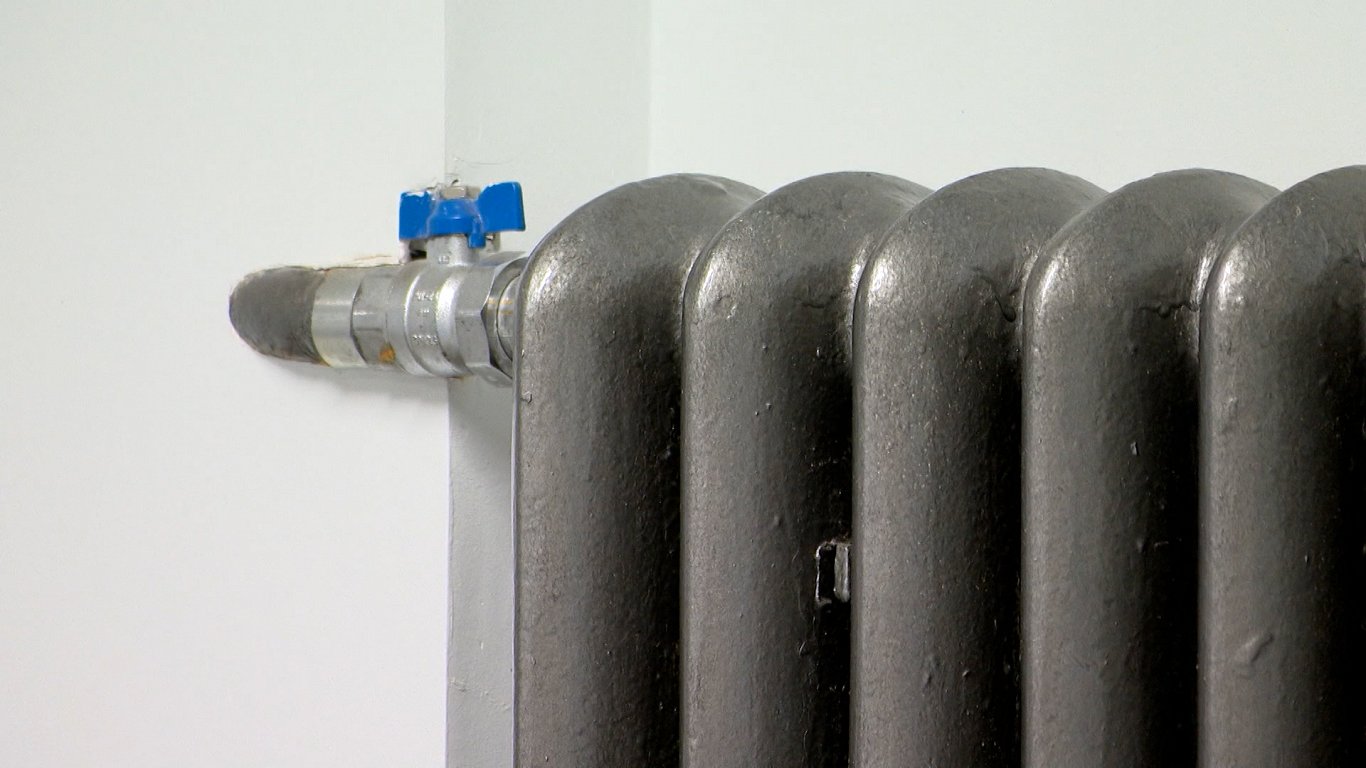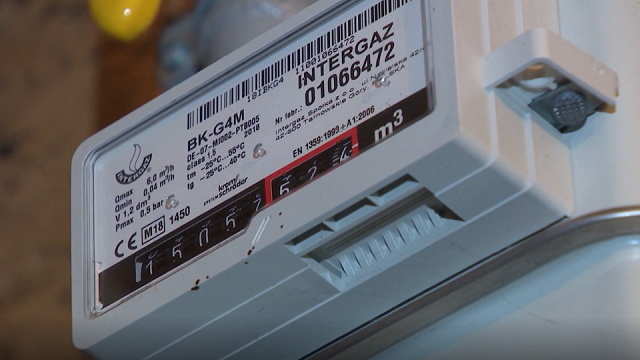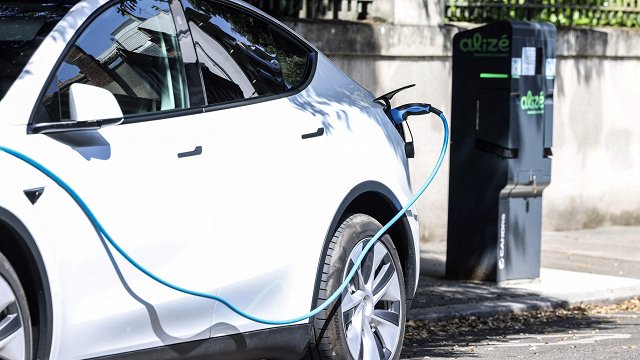The threshold is to be determined by the Cabinet (MK).
The Ministry of Climate and Energy (KEM) pointed out that the aid is planned in situations where energy prices are extremely high. Such a situation may occur one or more times or, conversely, energy prices may be stable throughout the heating season and the support mechanism would not be necessary.
“Aid will only be started if the market price of energy sources exceeds a certain price threshold, which will be determined and approved by the MK. KEM is currently actively working on the revision of the MK rules, which will determine the conditions and extent of the application of the aid, in order to move them towards inter-institutional harmonization soon,” the Ministry said.
The exact sets of expenses that will be used in the calculation will be defined in the Cabinet regulations resulting from the law.
Support for the heating season for 2023/2024 year is planned for certain groups of households, with low and moderate incomes, i.e. households whose monthly expenditure per member on housing could represent 30% of household income.
“In this way, it will be possible to redirect the aid to the target group for which the aid is most necessary,” explained the Ministry.
KEM indicated that low households will be able to receive support if the user has declared or registered at an address using electricity, natural gas, and thermal energy services. The income of all persons declared or registered in the household will be aggregated together. The total income will be distributed to the number of persons declared or registered in a given household. Ukrainian civilians, who have been granted temporary protection status in Latvia and who live in the designated contact address, will also qualify for support if their income levels are found to be low or medium-low.
According to the information available to the Central Statistical Bureau on household income and expenditure, the estimated percentage of households likely to qualify for aid could be between 40% and 50% of households. The Energy Compensation Information System (EIKIS) will automatically identify households that will qualify for aid. The system will select data on income, pensions/benefits and residence from the databases of several institutions - State Revenue Service (VID), State Social Insurance Agency (VSAA), Citizenship and Migration Affairs Administration (PMLP).
The draft law has yet to be seen in the Saeima.





























